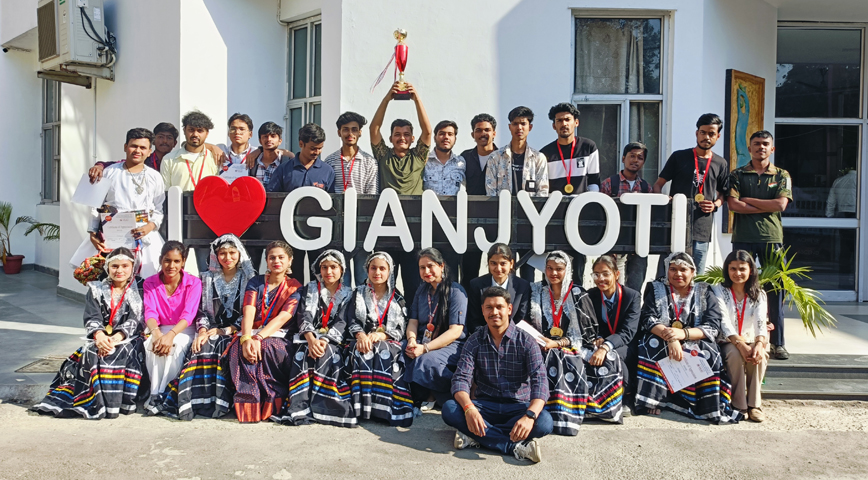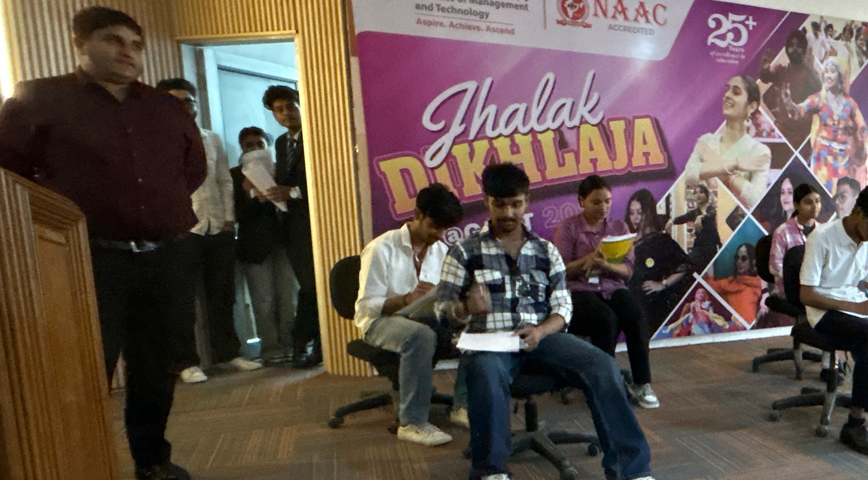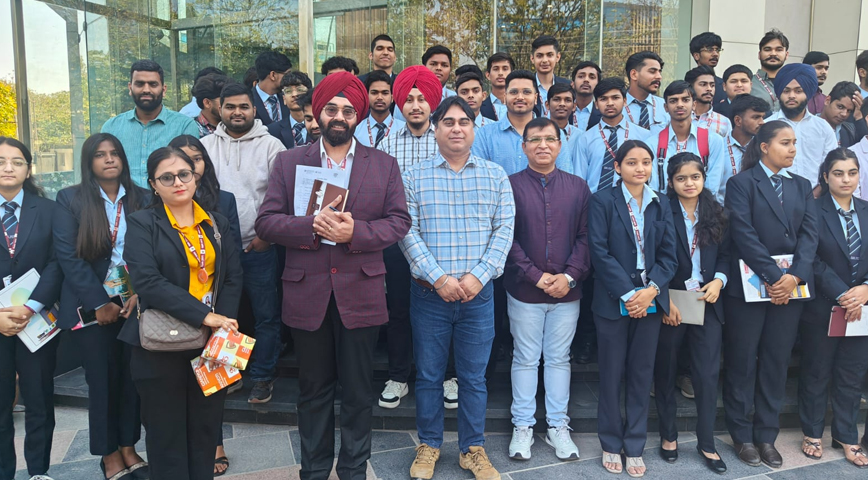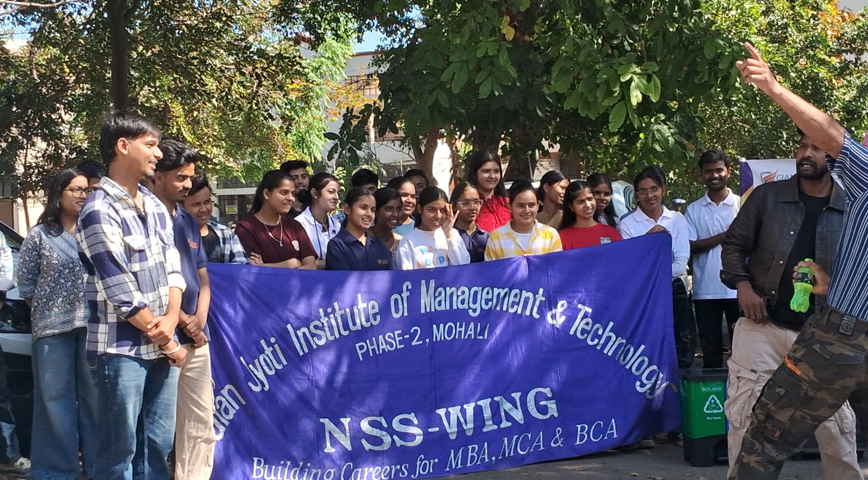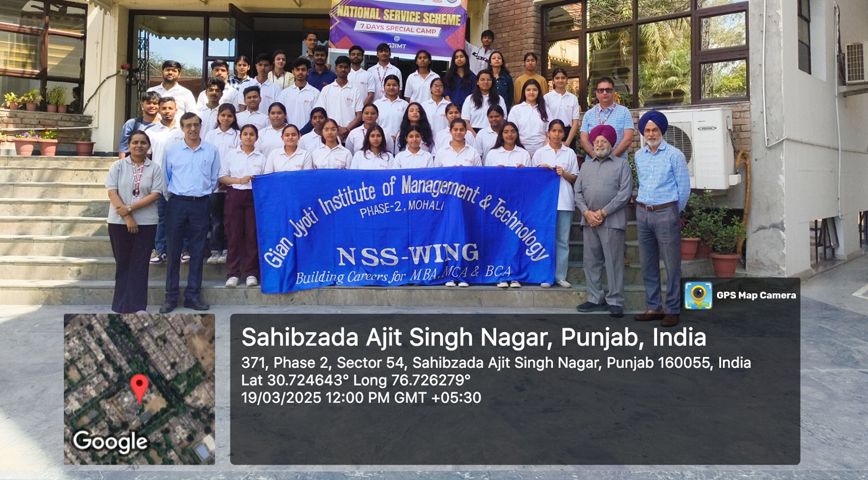Cloud Computing is a service that delivers computing resources over a network connection, usually the internet. Cloud computing delivers three types of computing resources, namely hardware, software, and software development framework.
In the simplest terms, cloud computing means storing and accessing data and programs over the Internet instead of your computer’s hard drive.
Today most of the studies in cloud computing is related to commercial benefits. In the developing countries like India, Cloud computing can bring about a revolution in the field of low cost computing with greater efficiency, availability and reliability. Cloud computing can also be applied to the development of rural life in India.
Cloud computing is the on-demand availability of computer system resources, especially data storage and computing power, without direct active management by the user. The term is generally used to describe data centers available to many users over the Internet.
Cloud computing is heavily used in the corporate environment nowadays for following reasons:
The exact benefits will vary according to the type of cloud service being used but, fundamentally, using cloud services means companies not having to buy or maintain their own computing infrastructure. With the cloud, you can expand to new geographic regions and deploy globally in minutes. Rather than owning their own computing infrastructure or data centers, companies can rent access to anything from applications to storage from a cloud service provider.
The three main types of cloud computing include Infrastructure as a Service, Platform as a Service, and Software as a Service. Each type of cloud computing provides different levels of control, flexibility, and management so that you can select the right set of services for your needs.
Cloud providers are competitive, and they constantly expand their services to differentiate themselves. This has led public IaaS providers to offer far more than common compute and storage instances.
In nutshell, cloud computing is a newly developing paradigm of distributed computing. Organizations like Google, Yahoo, Amazon are already providing cloud services. The products like Google App-Engine, Amazon EC2, Windows Azure are capturing the market with their ease of use, availability aspects and utility computing model. Users don’t have to be worried about the hinges of distributed programming as they are taken care of by the cloud providers. They can devote more on their own domain interest to indulge themselves into using cloud services. In developing counties like India c work rather than these administrative works. Business organizations are also showing increasing loud computing can be applied in the e-governance and rural development with great success.
